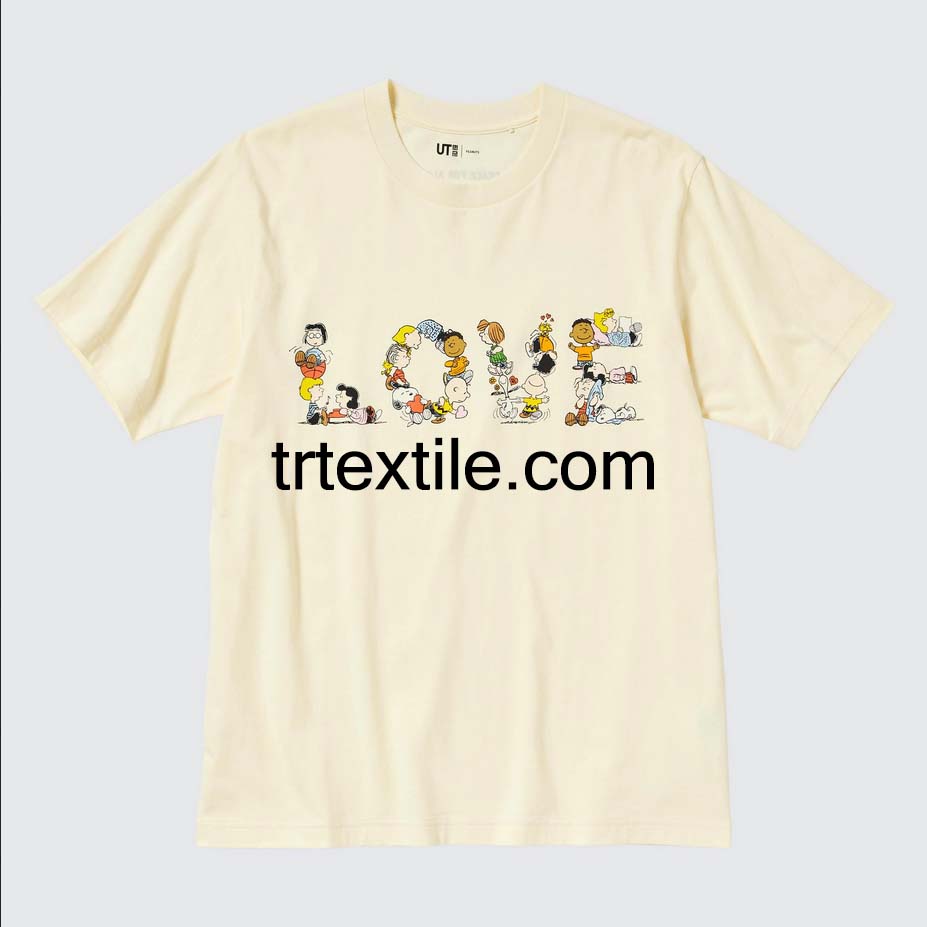The t-shirt has been a staple in fashion for decades, serving as a versatile and comfortable garment for people of all ages. However, the process of producing t-shirts is not as simple as it may seem. There are several steps involved in the production model of t-shirts, starting from the sourcing of materials to the final product hitting the shelves.
One of the first steps in the t-shirt production model is the sourcing of materials. The most common material used for t-shirts is cotton, which is known for its softness and breathability. Cotton is typically sourced from countries like India, China, and the United States, where it is grown on large-scale cotton farms. In recent years, there has been a growing trend towards using organic cotton, which is grown without the use of synthetic pesticides or fertilizers.
Once the cotton is sourced, it is sent to a textile mill where it is spun into yarn and woven into fabric. The fabric is then dyed and printed with the desired design or pattern. In some cases, the fabric may also be treated with special finishes to enhance its durability or softness.
After the fabric is ready, it is cut into pieces according to the pattern of the t-shirt. These pieces are then sewn together by skilled garment workers using sewing machines. The t-shirt is then inspected for quality control, with any defects being repaired or discarded.
Once the t-shirt is complete, it is packaged and shipped to retailers or directly to consumers. Some t-shirt brands may also choose to sell their products online through e-commerce platforms. In recent years, there has been a growing trend towards sustainable and ethical production practices in the fashion industry, with many brands opting to use eco-friendly materials and manufacturing processes.
Overall, the t-shirt production model is a complex and multi-step process that involves sourcing materials, fabric production, garment manufacturing, quality control, and distribution. By understanding the various steps involved in t-shirt production, consumers can make more informed choices about the t-shirts they purchase and support brands that prioritize sustainability and ethical practices.




